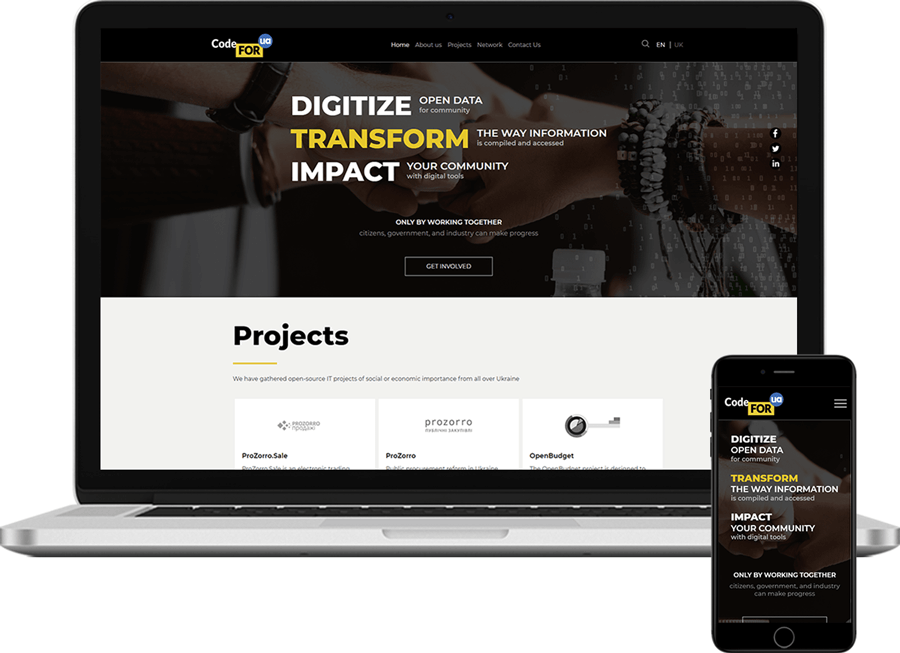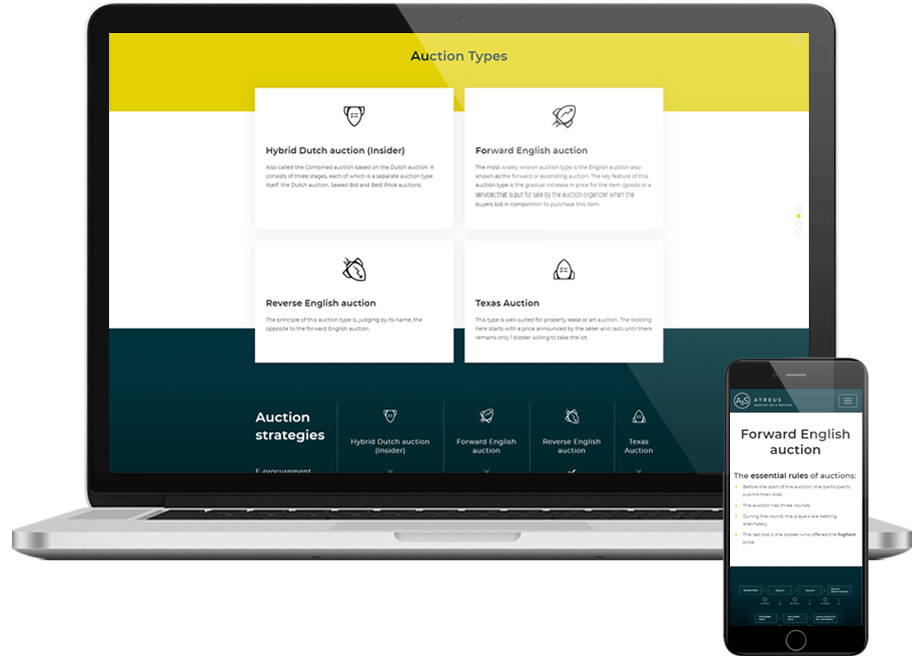 Wagtail is a Django-based content management system built by Torchbox and focused on flexibility and user experience. Originally it was a private project for the Royal College of Art and open sourced later. Now it is free and spread under the BSD license.
Wagtail is a Django-based content management system built by Torchbox and focused on flexibility and user experience. Originally it was a private project for the Royal College of Art and open sourced later. Now it is free and spread under the BSD license.
Django CMS is a self-sufficient Python web framework that allows to build robust and fast web applications and websites. Wagtail is one of them, although it is specifically oriented at providing all core publishing features that most large websites with huge amount of content demand. There is no need to write web app from the scratch, if there exists one that already implements all your requirements.
Wagtail is agile and portable CMS, perfect for editing:
- fast and friendly editor interface;
- powerful document and image management;
- support for embedded content;
- tree-based content organisation;
- optional preview->submit->approve workflow.
Among its other features are:
- configurable permissions;
- control over design with standard Django templates;
- customize content types via standard Django models.
Wagtail’s internal work
Wagtail runs on a standard web server environment and uses resources moderately. Wagtail can be hosted on separate machine, in the cloud, or on a shared server. One of the main aims of the Wagtail is to make website responsive and fast, especially page loading and search results.
To provide strong support for high volumes of traffic with quick response times, it is the best to apply caching proxy. Wagtail developers recommend Varnish, Squid (both have been tested in production), or Cloudflare.
Wagtail enables two ways of installation:
- Using Vagrant. Wagtail offers a Vagrant box that includes all the dependencies for a fully-fledged Wagtail environment and includes a set of standard templates and page types.
- Without Vagrant. There are several dependencies to look for: npm, CoffeeScript, Less, pip, Python 2.7.
Wagtail has strong support for Elasticsearch - both in the editor interface and for users of your site, and is faster and more powerful than the Django ORM. Also Wagtail-based website can use a database-backed text search. There are other alternatives for the search implementation among hosted services, for instance, Searchly, that provides a free account suitable for testing and development.
The editor interface is based on Less. As for database backends, Wagtail can work on most Django-supported database management systems, but PostgreSQL is the most recommended for production.
To know more about this out-of-the-box solution visit Wagtail’s official website. It is possible to improve Wagtail CMS even more and add specific features. Python developer can fork this Django application and add necessary code.
Examples
Find examples of Wagtail solutions in our Case Studies section. Feel free to contact us to get more information!


